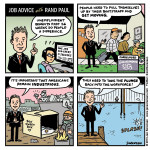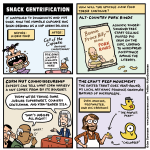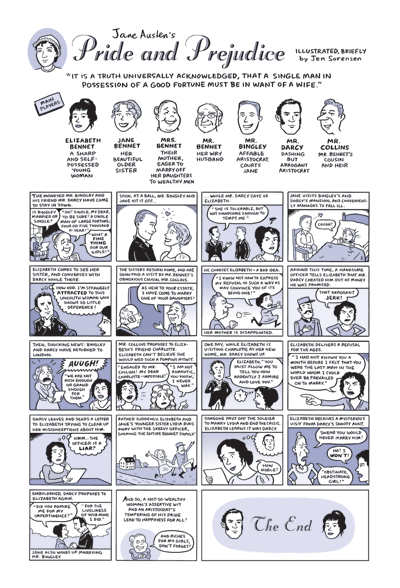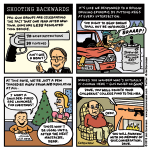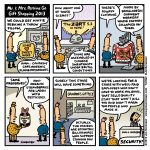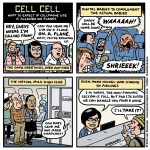The Sorensen Monologues
Archive for December, 2013
Job Advice With Rand Paul
Recommended reading: this Ezra Klein post about the reality of unemployment in America today. The national average may be three job seekers for every job opening, but for many people it’s worse than that:
“Nationally, there are three job seekers for every one open position. But because unemployment is much higher in some cities than in others, the reality is that most people who’ve been unemployed for more than 26 weeks live in areas where there are four, five, six, seven and even eight job seekers for each open job. They’re not being held back by their unemployment checks. They’re being held back by mass unemployment.”
But apparently the facts on the ground don’t matter for someone with his head stuck in dense clouds of libertarian dogma.
Centennial, Colorado requests anonymity for school shooter; I agree
Families and officials in Centennial, Colorado, the scene of the latest school shooting, have been taking a subdued approach to discussing the identity of the shooter, requesting that the media not name him or show his picture. I wholeheartedly agree. I have long maintained that extensive coverage of the shooters themselves is unnecessary and contributes to the problem.
Some members of the media bristle at this; it smacks of censorship, they claim. It prevents us from understanding why the shooting happened. But mass shootings are media phenomena; the media is part of the story. It’s not just a passive vessel for static facts. We can understand what led to a mass shooting without the exhaustive, titillating exploration of every detail of the killers’ lives. Moreover, this sort of sensational coverage of the shooter himself leads us to believe it’s an individual problem as opposed to systemic. I would argue it gets us farther from the truth.
Pride and Prejudice Posters now available!
For the 200th anniversary of Jane Austen’s Pride and Prejudice earlier this year, NPR Books asked me to create a one-page comic version of the story. This was something of an artistic challenge, but in the end it seemed to please Jane Austen fans and scholars, who made it the most-read story on NPR that day.
And lo, just in time for last-minute Christmas shopping (or in plenty of time for the 201st anniversary of Pride and Prejudice), I have prepared for you a lovely poster version of the comic, available hand-signed. The printer did an excellent job; the poster is on heavy stock with a smooth, silky finish that you’ll want to caress as Jane would Mr. Bingley.
I Get Hatemail
I’ve noticed an uptick in angry email lately, ranging from the mildly disgruntled to the downright ugly. To wit, this gentleman’s missive:
How exactly was the “shutdown” an “actual economic disaster” you dumb c*nt?
oh, never mind.
–corey
(Asterisk added by me.) OK, here’s your answer:
“The bottom line is the government shutdown has hurt the U.S. economy,” S&P said in a statement. “In September, we expected 3 percent annualized growth in the fourth quarter because we thought politicians would have learned from 2011 and taken steps to avoid things like a government shutdown and the possibility of a sovereign default. Since our forecast didn’t hold, we now have to lower our fourth-quarter growth estimate to closer to 2 percent.”
More on how the government shutdown hurt the economy here.

